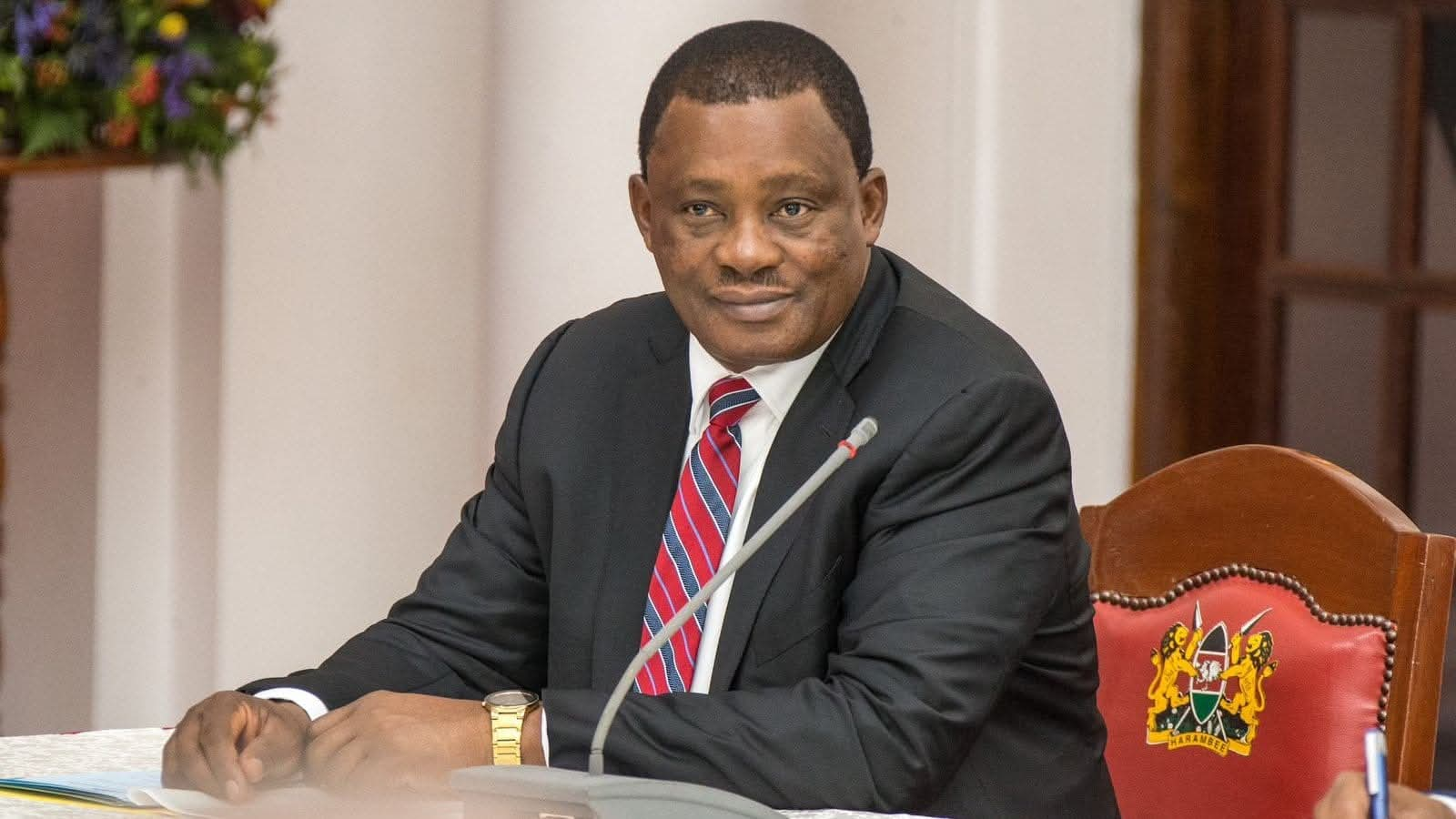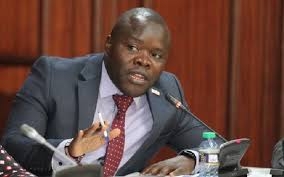
 Former Public Service CS Justin Muturi./FILE
Former Public Service CS Justin Muturi./FILE
Former National Assembly Speaker Justin Muturi has dismissed claims by
Interior Cabinet Secretary Kipchumba Murkomen suggesting he presided over the
passage of the Prevention of Terrorism Act during his tenure.
Muturi, who served as Speaker between 2013 and
2022, stated that the law in question was enacted prior to his tenure.
"The Prevention of Terrorism Act was
enacted by the 10th Parliament under the Grand Coalition Government. It is Act
No. 30 of 2012," Muturi clarified in a statement on Thursday.
He went on to state that what was passed during
his tenure as Speaker was the Security Laws
(Amendment) Act, not the original anti-terrorism legislation.
“The Security
Laws Amendment Act was passed on December 18, 2014, by the 11th
Parliament, which I presided over. It is Act No. 19 of 2014,” Muturi said,
noting that the amendment touched on various laws including the Penal Code,
Criminal Procedure Code, Evidence Act, Immigration Act, Prisons Act, and
others.
He urged CS Murkomen to check his facts before
making public statements.
“I would advise the Cabinet Secretary to
verify facts before feeding the public propaganda,” said Muturi.
But Murkomen, speaking during a security
engagement forum in Uasin Gishu, insisted that Muturi oversaw the passage of
the anti-terrorism law.
“Does former Speaker Justin Muturi forget that
he passed this law by hook or by crook?” Murkomen posed.
“He was sitting there when the National Assembly passed the Prevention of Terrorism
Act. He stood very firm and insisted that Kenya needed strong laws to protect
the people from rogue elements.”
The exchange between the two senior officials
comes amid a national debate over the government's decision to charge certain
individuals involved in recent anti-government protests under the Prevention of
Terrorism Act.
The Office of the Director of Public
Prosecutions (ODPP) has defended the move, citing destruction of courts, police
stations, government vehicles, and theft of firearms during the unrest.
In a statement this week, the ODPP said such
actions were not just criminal but fit the legal definition of terrorism.
“Under Sections 2 and 4 of the Prevention of
Terrorism Act, these actions constitute terrorism when they are intended to cause
serious disruption of essential services, intimidate the public or government,
or instill widespread fear,” the office said.
Chief Justice Martha Koome echoed that
position, describing the recent violence as “not merely an act perpetrated by
criminal elements but an act of terrorism.”
Murkomen has been vocal in his support for the
charges
. On July 23, he reiterated that the government would not back down from
using the anti-terrorism law against protestors accused of such actions.
“The Prevention of Terrorism Act is clear and
unambiguous. Orchestrating violence, endangering life, using firearms or
explosives, and interfering with essential services are all defined as acts of
terror,” said Murkomen.
“How better can we define those using petrol
bombs to burn courts and other critical infrastructure?” he asked.
He further urged the judiciary not to yield to
public pressure by issuing lenient bail terms.
“Our courts must not be intimidated. Kenyans
deserve protection from acts that threaten the country’s peace and order,”
Murkomen said.
The debate highlights growing tensions between
the government and legal professionals over the scope and application of the
country's anti-terror laws, particularly in response to civil unrest.

















